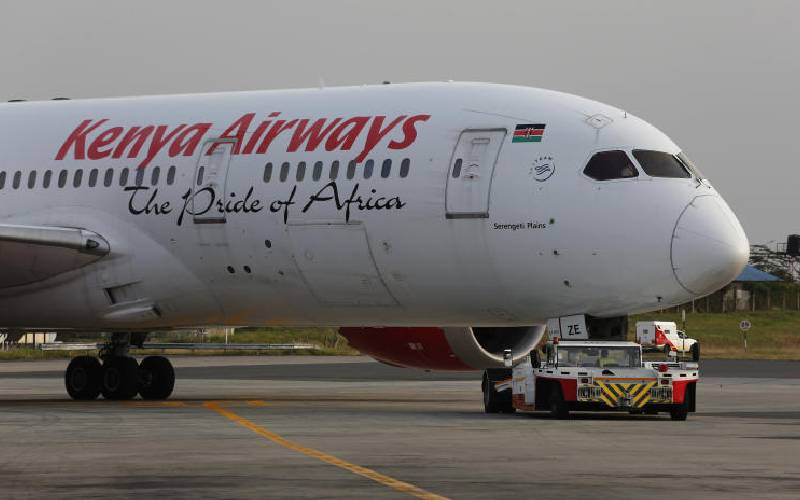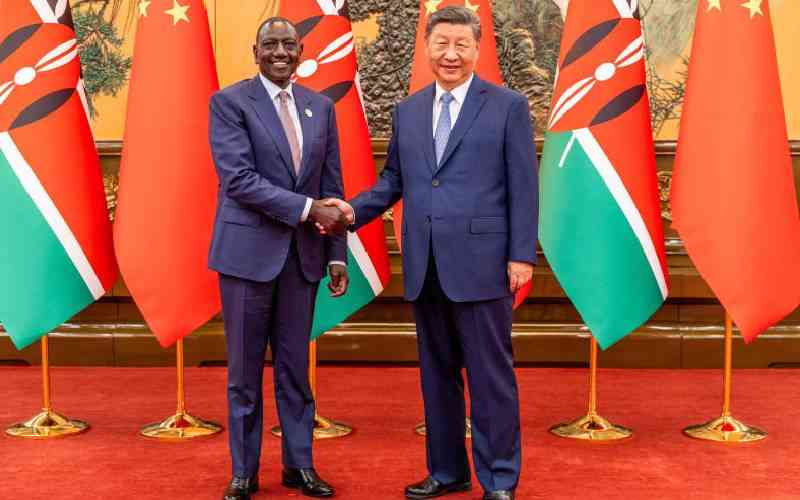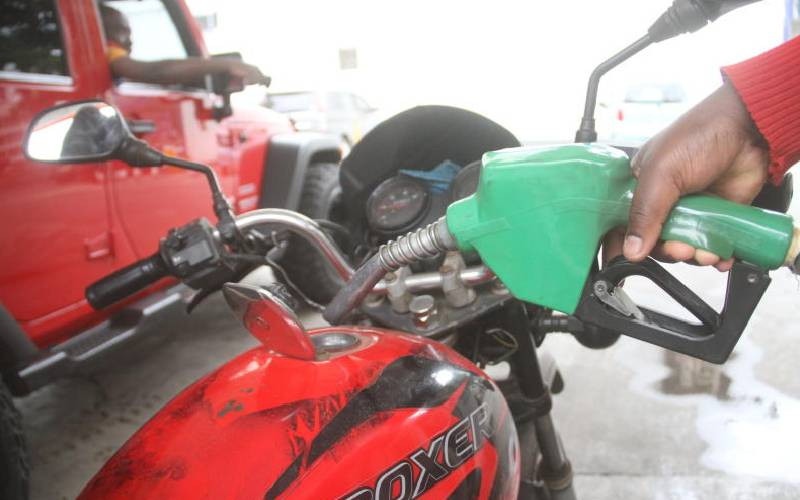×
The Standard e-Paper
Stay Informed, Even Offline
Almost one billion people around the world fear losing their homes or land within five years, with owners and tenants in Burkina Faso and the Philippines the most concerned, a survey of 140 nations showed on Wednesday.
About one in five adults (19 per cent) worry that their housing, fields or other land could be taken away from them in the near future, hampering their ability to invest or plan, according to the Prindex global property rights index.







